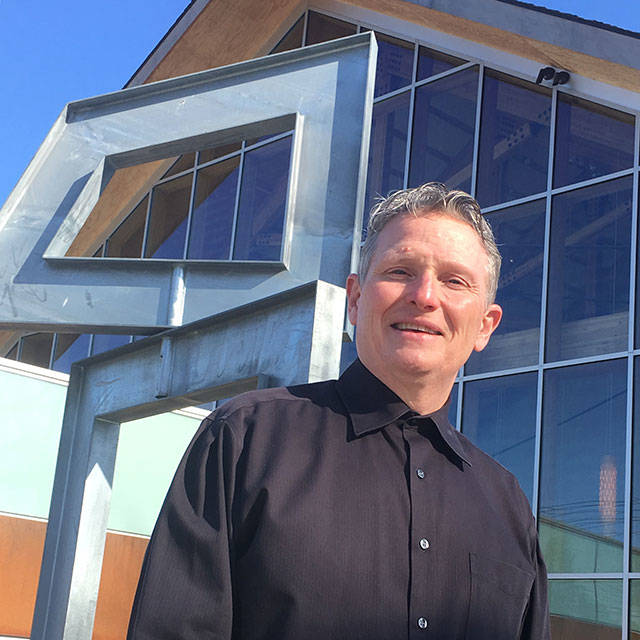In the spring of 2016, shortly before the bishop sent me to be the pastor of the Vashon United Methodist Church, this congregation decided unanimously to become what we know as a Reconciling Congregation. It means that we are choosing, despite some differences of opinion, intentionally to welcome LGBTQIA+ persons fully into the life of our congregation. Despite denominational rules prohibiting ordination of “homosexuals” and officiating or hosting same sex weddings, our congregation has been well served by lesbian and gay pastors, and we have held and officiated same-sex celebrations of union and weddings. This has not always been without controversy, but we have grown in mind and heart over the years. So it is with deep disappointment that I mourn the decision of the global General Conference of The United Methodist Church on Feb. 26 to double down on its unloving, exclusionary and punitive rules.
The origins of Methodism as such lay in 18th Century England, where its founder, John Wesley, a Church of England priest, saw that organized religion had begun to overlook marginalized people — especially the poor. Methodism began as a scandalous reform movement. Wesley saw that in colonial America there was a need for compassionate leadership, and there was a shortage of clergy to attend to both material and spiritual needs. Methodism continued as a scandalous frontier movement. For much of its history, its growth, demographics and governance has paralleled that of the United States. Methodists included both slaveholders and abolitionists — and the church split over slavery in 1844. It reunited in 1939 under a compromise that perpetuated the racist doctrine of separate but equal. Methodists were prominent in leading the movement for women’s suffrage and were early to ordain women — although later compromises produced setbacks. As Methodism grew in numbers — at one time the largest protestant denomination — its members also became more prosperous and lost touch with their scandalous past, gathering under a “big tent” in a broad spectrum of social, political and theological perspectives. At the peak of its membership in 1968, a merger with another historically Methodist denomination formed The United Methodist Church. As with many American institutions that have grown up to promote and support middle class values, The United Methodist Church has lost prominence in American life as the middle class also wanes.
The future of the denomination is uncertain. It will take months to sort out the legal issues, years for the impact to take effect and generations to heal the wounds and reverse the injustice done to our LGBTQIA+ siblings, though the damage can never be undone. I am especially concerned about children and teens who struggle to discover their identity while families and schools and churches toss them out or make them feel so unloved and unwelcome that they give up on life. It’s my hope and prayer that Methodism will rediscover the scandalous grace that marked our beginnings. Whatever the result, this congregation will continue to grow in grace and love and will continue to strive to be a place of forgiveness, generosity, hospitality, inclusion and justice. We want our community and especially our LGBTQIA+ siblings to know that we care about you and pray for your safety and thriving.
— Rev. Paul Mitchell is the pastor of the Vashon United Methodist Church



